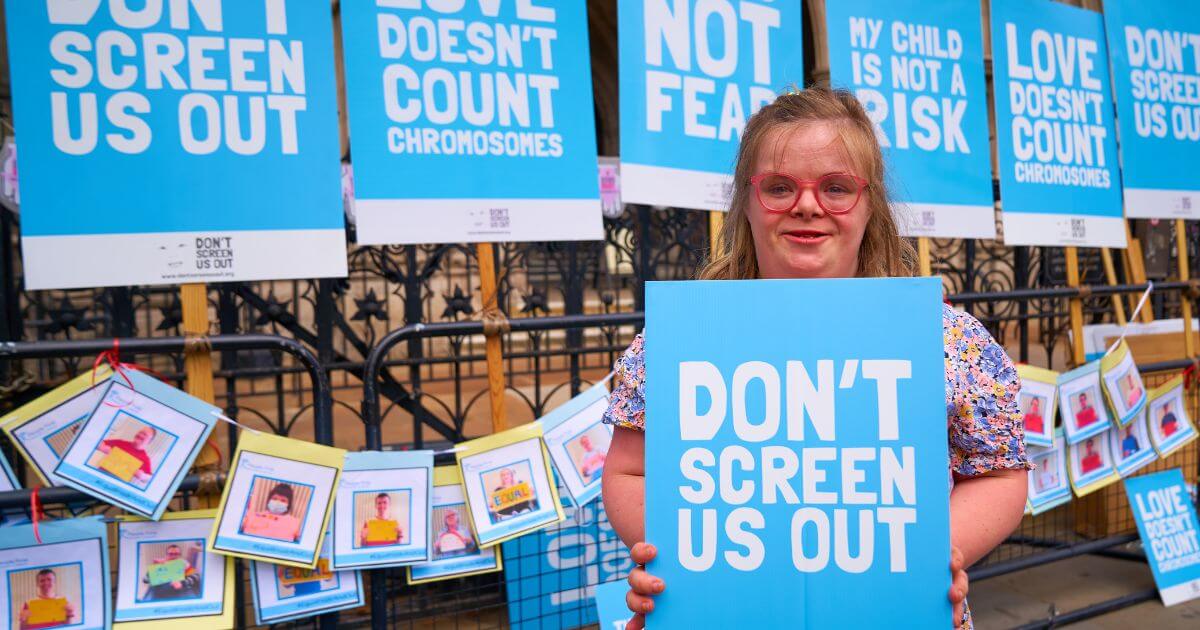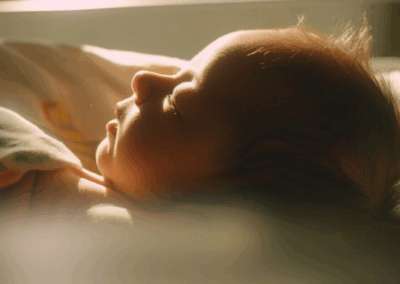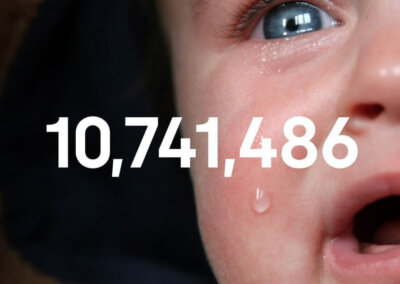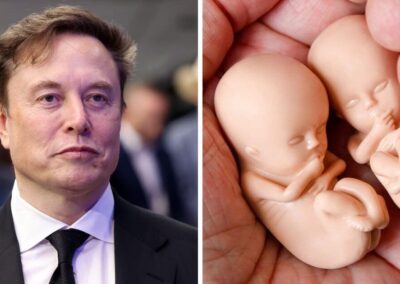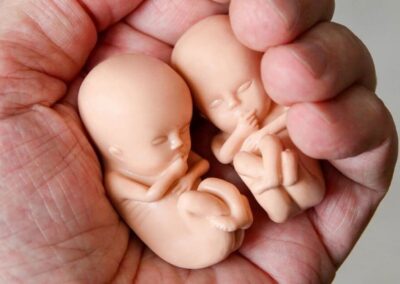A landmark case against the UK Government over its discriminatory abortion law that permits abortion up to birth for babies with Down’s syndrome and other disabilities was heard in the Court of Appeal earlier today.
Heidi Crowter, a 27-year-old woman from Coventry who has Down’s syndrome, together with Máire Lea-Wilson from Brentford, West London, whose three-year-old son Aidan has Down’s syndrome, challenged the UK Government over a disability clause in the current law.
The abortion law in the UK permits abortion up to the moment of birth if the child in the womb is diagnosed with having a disability. For babies in the womb who are not diagnosed with having a disability, abortion is generally not permitted after 24 weeks gestation.
After thanking a crowd of supporters outside the Court of Appeal, Heidi said: “When I tell people about the court case they say that it’s not fair. I am hopeful that the judges will see that it is not fair”.
“If the law said that all girl babies could be aborted up to birth everyone would say that is discrimination. So why does the law say that it is ok to terminate disabled babies right up to birth?”
She added: “I hope that the judges will agree with me that this law is discrimination and needs to be changed”.
Pressure to have an abortion
The other claimant, Máire Lea-Wilson, who was placed under pressure to have an abortion when a 34-week scan revealed her son had Down’s syndrome, said:
“I am thrilled that the case is being heard by the Court of Appeal, and I hope that this will be the time that we all stand up for equality”.
“I have two sons that I love and value equally, but the law does not value them equally. This is wrong and so we want to try and change that”.
Sally Phillips, actress, comedian and mother to Ollie who has Down’s syndrome supports Heidi’s cause. She previously told the Times: “Given advances in medical care and quality of life for people with Down’s syndrome, the different right to life is beginning to look not just dated but barbaric”.
Discrimination against disabled babies “reinforces negative stereotypes of disability…[and] is incompatible with valuing disability and non-disability equally”
Statistics from the Department of Health and Social Care show that there were 3,370 disability-selective abortions in 2021, a 9% increase from 2020. 859 of the babies had been confirmed to have Down’s syndrome, an increase of 23.95% from 2020. The statistics also showed a 71% increase in late-term abortions at 24 weeks gestation or over where the baby had Down’s syndrome, increasing from 14 in 2020 to 24 in 2021.
The actual figures are likely to be much higher – a 2013 review showed 886 fetuses were aborted for Down’s syndrome in England and Wales in 2010 but only 482 were reported in Department of Health records. The underreporting was confirmed by a 2014 Department of Health review.
The UN Committee on the Rights of Persons with Disabilities has consistently criticised countries that provide for abortion on the basis of disability.
The Committee on the Rights of Persons with Disabilities’ concluding observations on the initial report of the United Kingdom of Great Britain and Northern Ireland made a key recommendation that the UK change its abortion law so that it does not single out babies with disabilities. The Government has decided to ignore this recommendation.
The Disability Rights Commission (now the Equality and Human Rights Commission) has said that this aspect of the Abortion Act “is offensive to many people; it reinforces negative stereotypes of disability…[and] is incompatible with valuing disability and non-disability equally”.
The 2013 Parliamentary Inquiry into Abortion for Disability found the vast majority of those who gave evidence believed allowing abortion up to birth on the grounds of disability is discriminatory, contrary to the spirit of the Equality Act 2010 and that it affects wider public attitudes towards discrimination. The Inquiry recommended Parliament reviews the question of allowing abortion on the grounds of disability and should consider repealing section 1(1)(d) of the Abortion Act which allows for it.
Disabled peer Lord Shinkwin proposed a Bill in the House of Lords that would have repealed section 1(1)(d) of the Abortion Act – the Bill was undefeated but unfortunately ran out of time. The Bill was supported by Disability Rights UK.
Polling has shown that the majority of people in England, Wales and Scotland feel that disability should not be a grounds for abortion at all, with only one in three people thinking it is acceptable to ban abortion for gender or race but allow it for disability.
Right To Life UK spokesperson, Catherine Robinson, said: “The lethal discrimination against babies with disabilities in the womb in UK law is perfectly clear. Every abortion is a grave injustice, but there is an added injustice when babies with disabilities are singled out for the especially inhumane practice of late-term abortion”.


